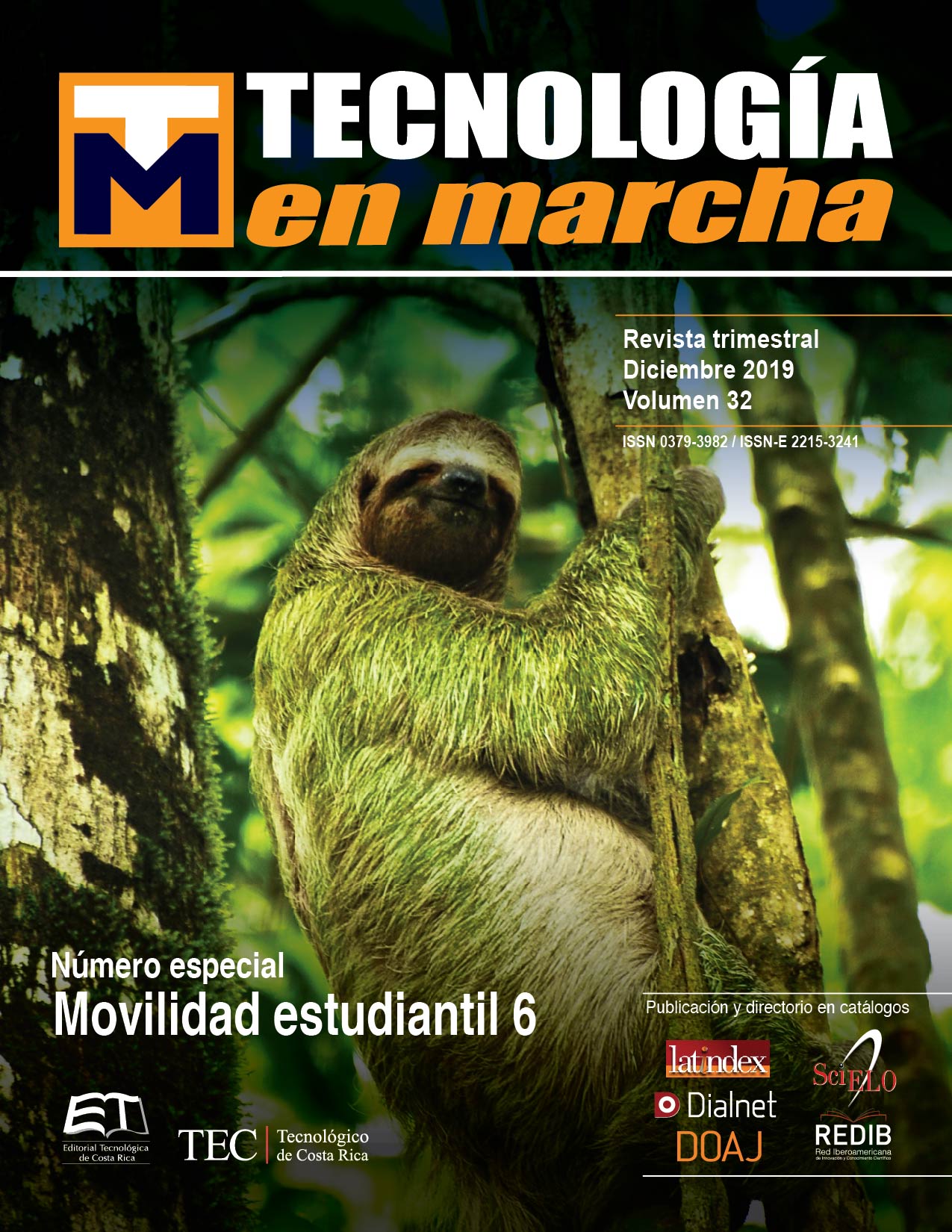Development of a flight software framework for student CubeSat missions
Main Article Content
Abstract
During 2018 a student CubeSat project was developed at George Washington University (GWU) for the first time. The small satellite mission implemented a software stack with the hope of creating a simple and lightweight framework for future academic CubeSats. The developed flight software consisted of a collection of fundamental services and an application layer, which was executed above the Network Layer and the Operating System. Accompanying ground station software was also developed for the mission. This paper presents the resulting software framework, its architecture, features, software quality attributes, and the decisions made during the design and implementation. The paper will address and compare other available open source software frameworks for CubeSat missions and will propose a general architecture for any CubeSat mission at an introductory level. This generic framework will define the minimum features and standards to obtain a flexible, portable and reusable software library. The paper will provide students without previous CubeSat experience some initial information and examples to start the development of a CubeSat flight software.
Article Details
Los autores conservan los derechos de autor y ceden a la revista el derecho de la primera publicación y pueda editarlo, reproducirlo, distribuirlo, exhibirlo y comunicarlo en el país y en el extranjero mediante medios impresos y electrónicos. Asimismo, asumen el compromiso sobre cualquier litigio o reclamación relacionada con derechos de propiedad intelectual, exonerando de responsabilidad a la Editorial Tecnológica de Costa Rica. Además, se establece que los autores pueden realizar otros acuerdos contractuales independientes y adicionales para la distribución no exclusiva de la versión del artículo publicado en esta revista (p. ej., incluirlo en un repositorio institucional o publicarlo en un libro) siempre que indiquen claramente que el trabajo se publicó por primera vez en esta revista.

